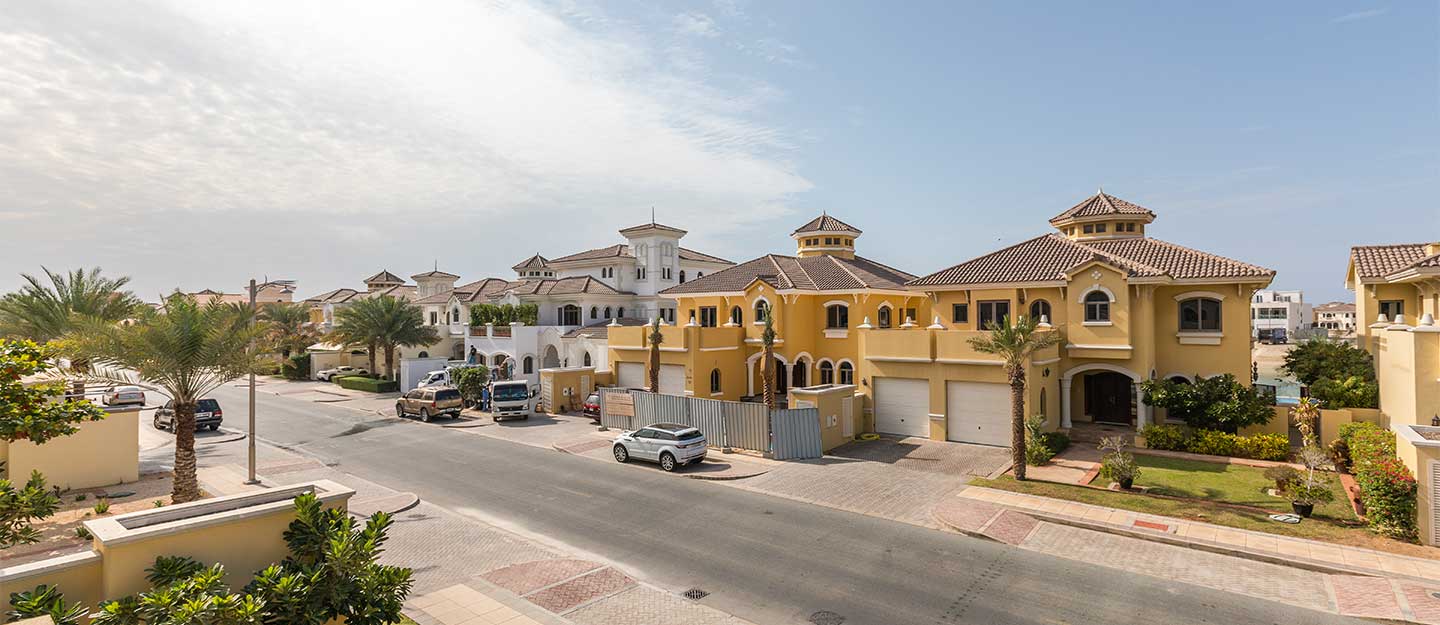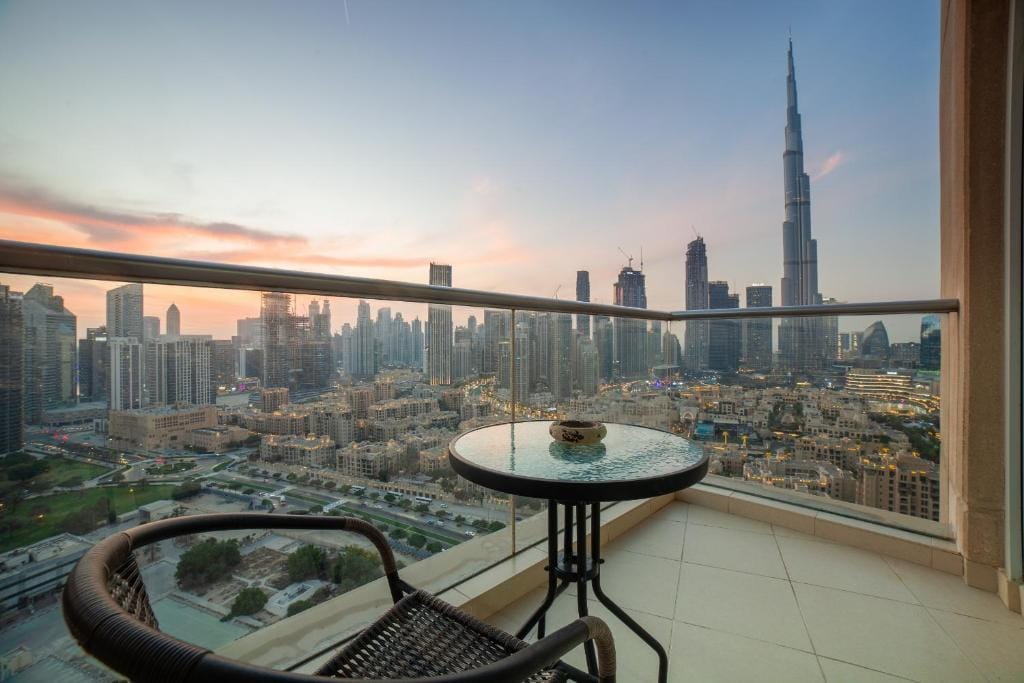Should You Buy or Rent in Dubai in 2025? Full Real Estate Guide
Explore the pros and cons of buying vs. renting in Dubai in 2025. Get expert insights on ROI, market trends, top neighborhoods, and expat-friendly policies in this complete guide.

🌟 Introduction: The Big Decision in the Big City
Dubai isn't just where the world comes to play—it's also a serious hub for property investment. With market shifts, tax incentives, and evolving expat lifestyles, the question isn't just "Where should you live?" but rather, "Should you buy or rent in Dubai in 2025?" This comprehensive guide breaks down both paths so you can make the smartest move.
🏡 Buying Property in Dubai in 2025
✅ Advantages of Buying

1. High ROI & Capital Growth
Dubai's real estate market is booming. Residential prices are expected to climb another 5% in 2025, and villas have already seen a 13% increase in value. Prime areas offer rental yields between 5% and 8%, particularly in communities like Dubai Hills Estate, Palm Jumeirah, and Downtown Dubai.
2. Tax-Free Investment Playground
Dubai continues to be one of the few global cities with zero income, capital gains, or property tax, making it a dreamland for investors. Your profits are yours to keep—no taxman in sight.
3. Investor-Friendly Government Policies
Initiatives like 100% foreign ownership, long-term Golden Visas, and flexible payment options for off-plan projects open doors for global buyers. These incentives have made Dubai an investment magnet for both residents and overseas investors.
4. Economic & Population Boom
With a projected 5.1% GDP growth and a surging population—estimated to cross 4 million soon—housing demand will continue to fuel appreciation in the property sector.
5. Variety of Prime Locations
From the ultra-luxurious Emaar Beachfront and Dubai Creek Harbour to up-and-coming districts like Emaar South and The Valley, there’s a property for every budget and ambition. Master-planned communities with smart infrastructure are especially promising.
⚠️ Considerations Before You Buy
- Upfront Costs: Non-residents often need to provide up to 50% as a down payment. Additional fees include 4% DLD transfer fees, real estate agent commission (~2%), and annual maintenance costs.
- Financing: Mortgages are accessible but vary depending on residency status, credit score, and bank policies. Consider working with a mortgage advisor.
- Timing: With a wave of new housing supply expected in Q3 and Q4 of 2025, timing your investment could affect ROI. Consult real estate trend reports before sealing the deal.
🏙️ Renting Property in Dubai in 2025
✅ Advantages of Renting

1. Flexibility
If you're planning a short-term stay, changing jobs, or testing neighborhoods before settling down, renting gives you freedom. Many expats prefer this route while deciding their long-term plans.
2. Rental Variety
From budget-friendly townhouses in Mirdif to penthouses with Burj Khalifa views in Downtown, Dubai's rental offerings are diverse and increasingly well-managed. Co-living options are also expanding in areas like JVC and Dubai South.
3. Negotiable Terms
Longer leases and upfront payments often unlock lower rates, free maintenance packages, or even free months. Especially in older buildings or during summer months, landlords are more flexible.
4. Competitive Rental Demand
With Dubai's expat population on the rise and new visa options drawing in talent from around the world, rental properties are in high demand—particularly in business districts and family-friendly zones.
⚠️ Considerations for Renters
- Climbing Costs: Rents rose 19% in 2024 and are forecasted to continue upward, especially in high-demand areas like Marina, Business Bay, and JBR.
- Extra Charges: Most rents don’t include utilities, parking, chiller fees, or maintenance. These can add 15–20% to your monthly cost.
- Fierce Competition: In popular communities, units get snapped up quickly. Be prepared with your documents and payment method ready.
📊 Buy vs. Rent – 2025 Comparison Table
| Aspect | Buying | Renting |
|---|---|---|
| Financial Outlook | High ROI, tax-free, capital gains | No equity, rising costs |
| Flexibility | Long-term investment | Short-term freedom |
| Upfront Costs | High | Low |
| Market Trend | Rising prices, more supply | Hot demand, competitive |
| Ideal For | Investors, committed residents | Newcomers, remote workers |
🧠 Final Verdict: What Should You Do?
Choose buying if you’re in Dubai for the long haul, have capital or financing lined up, and want to benefit from a tax-free investment landscape. You'll also secure a home in a competitive market where quality supply can be scarce.
Choose renting if you’re testing the waters, staying short-term, or value lifestyle mobility. It keeps your costs lower upfront and lets you explore different neighborhoods without commitment.
Pro Tip: If you're a freelancer or entrepreneur with a UAE residence visa, buying may also help with business licensing and residency extension.

🔗 Further Reading & Expert Sources
- Emaar – Real Estate Trends 2025
- Deloitte – Dubai Real Estate Predictions
- Mira Developments – Buying Property Guide 2025
- Kredium – Renting in Dubai
- Provident Estate Q1 Report
❓ Frequently Asked Questions
Is it cheaper to buy or rent in Dubai in 2025?
It depends on your goals. Buying offers long-term gains, while renting gives short-term flexibility.
Can foreigners get mortgages in Dubai?
Yes, but non-residents may face stricter terms and higher down payments.
What areas are best for renting in Dubai?
Top rental areas in 2025 include Downtown Dubai, Dubai Marina, Emaar South, and Business Bay.
How long does it take to complete a property purchase?
It typically takes 30–45 days, depending on due diligence and paperwork. Working with a property consultant or legal expert can help speed up the process.
Can I buy property in Dubai as a non-resident?
Yes, foreigners can buy freehold property in designated zones. These include areas like Palm Jumeirah, JVC, Downtown, and Dubai Hills Estate.
